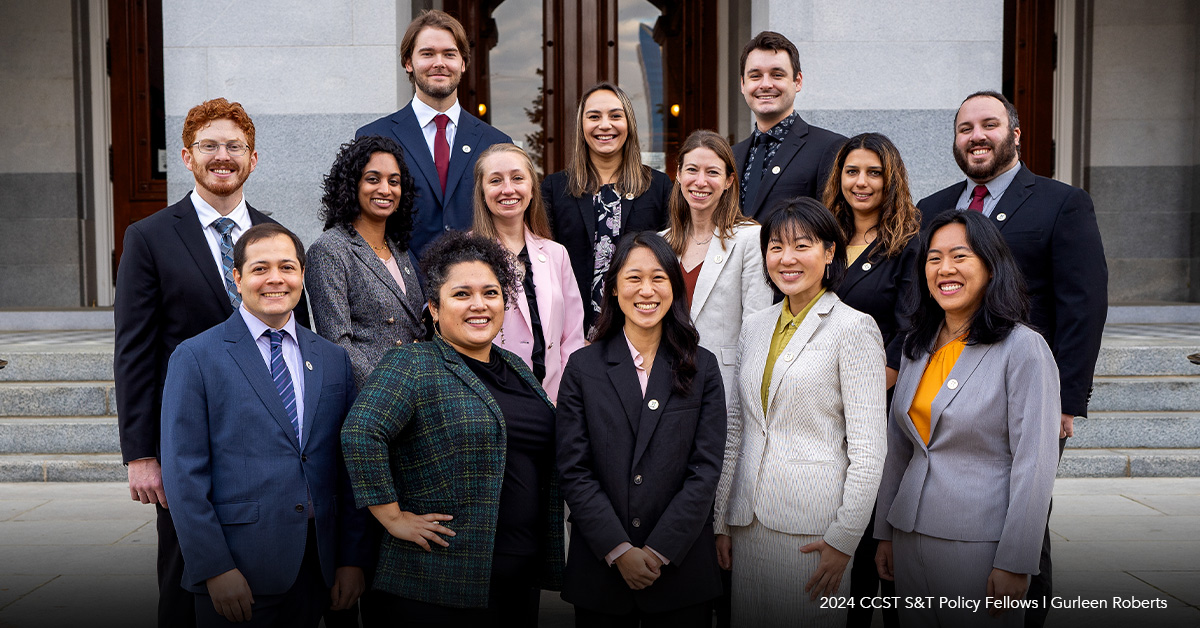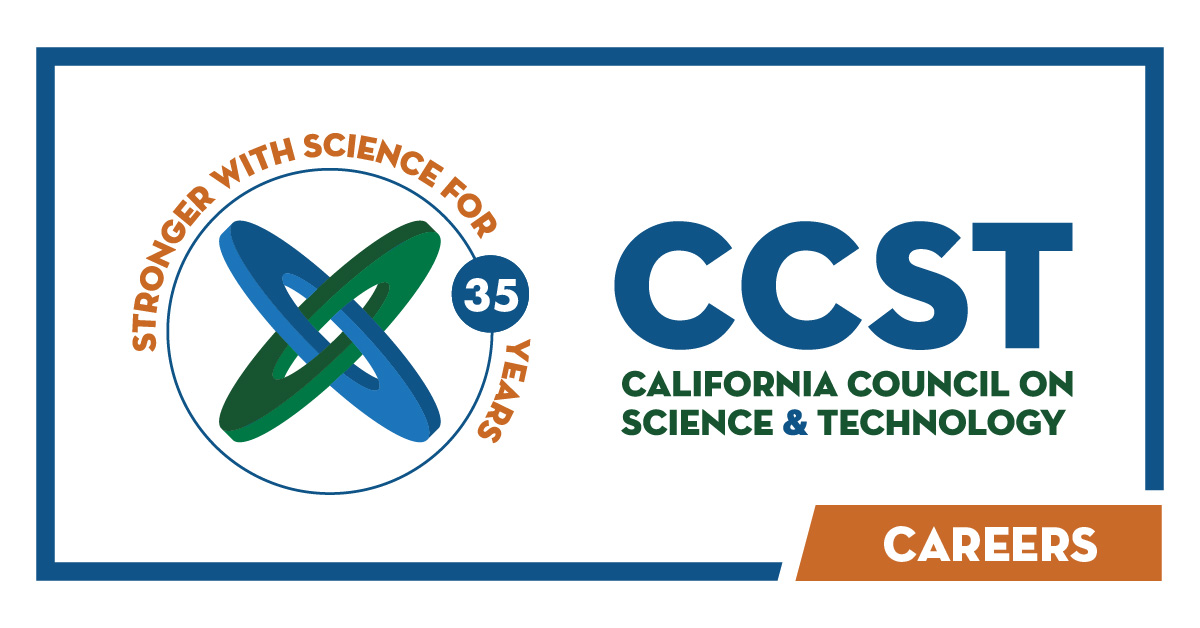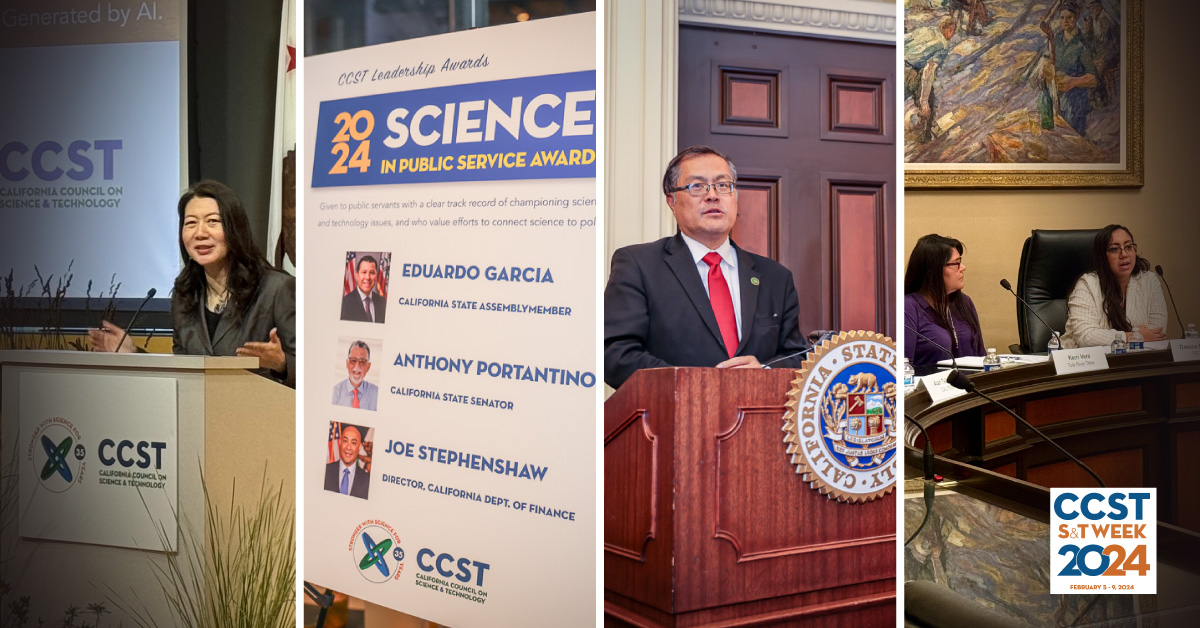UCSF Publishes Nanotechnology Policy Recommendations
June 10, 2010 | CCST Newsroom | Contact: M. Daniel DeCillis
The Program on Reproductive Health and the Environment (PRHE) at the University of California, San Francisco (UCSF) recently published a draft of a report entitled “A Nanotechnology Policy Framework: Policy Recommendations for Addressing Potential Health Risks from Nanomaterials in California.” The draft nanotechnology policy framework will be presented to Cal/EPA’s Office of Environmental Health Hazard Assessment, once finalized, to “better inform . . . risk assessment recommendations for decision makers and risk managers.” The report was designed to provide the State “with an overview of nanotechnology materials and their potential exposures and human health risks, and proposes a selection of policy options for addressing potential hazards and risks from nanotechnology.”
There are few states with overall policies on the regulation of nanotechnology. California has traditionally been ahead of the curve in its regulatory approach to nanotech. In January 2010, CCST presented information to the Presidential Council of Advisors on Science and Technology (PCAST) on the history of nanotechnology policy in California, including the launch of the “California Nanotechnology Initiative” by the Department of Toxic Substances Control (DTSC) in 2006. (CCST had previously prepared a comprehensive overview of nanoscience and nanotechnology opportunities and challenges in the state in 2004 for the Joint Committee on Preparing California for the 21st Century.)
The PRHE’s stated mission is “to create a healthier environment for human reproduction and development through advancing scientific inquiry, clinical care and health policies that prevent exposures to harmful chemicals in our environment.” The draft nanotechnology policy framework PRHE has produced highlights difficulties presented by the potential regulation of nanotechnology (or lack thereof ) in California, including a disconnect between science, existing regulations, and policy recommendations. The report offers 15 recommendations, including mandatory pre-market testing of consumer products containing nanoscale components and labeling of these products.
A public meeting was held on May 5 for discussion of the draft, which is due to be presented to Cal EPA later this year.






